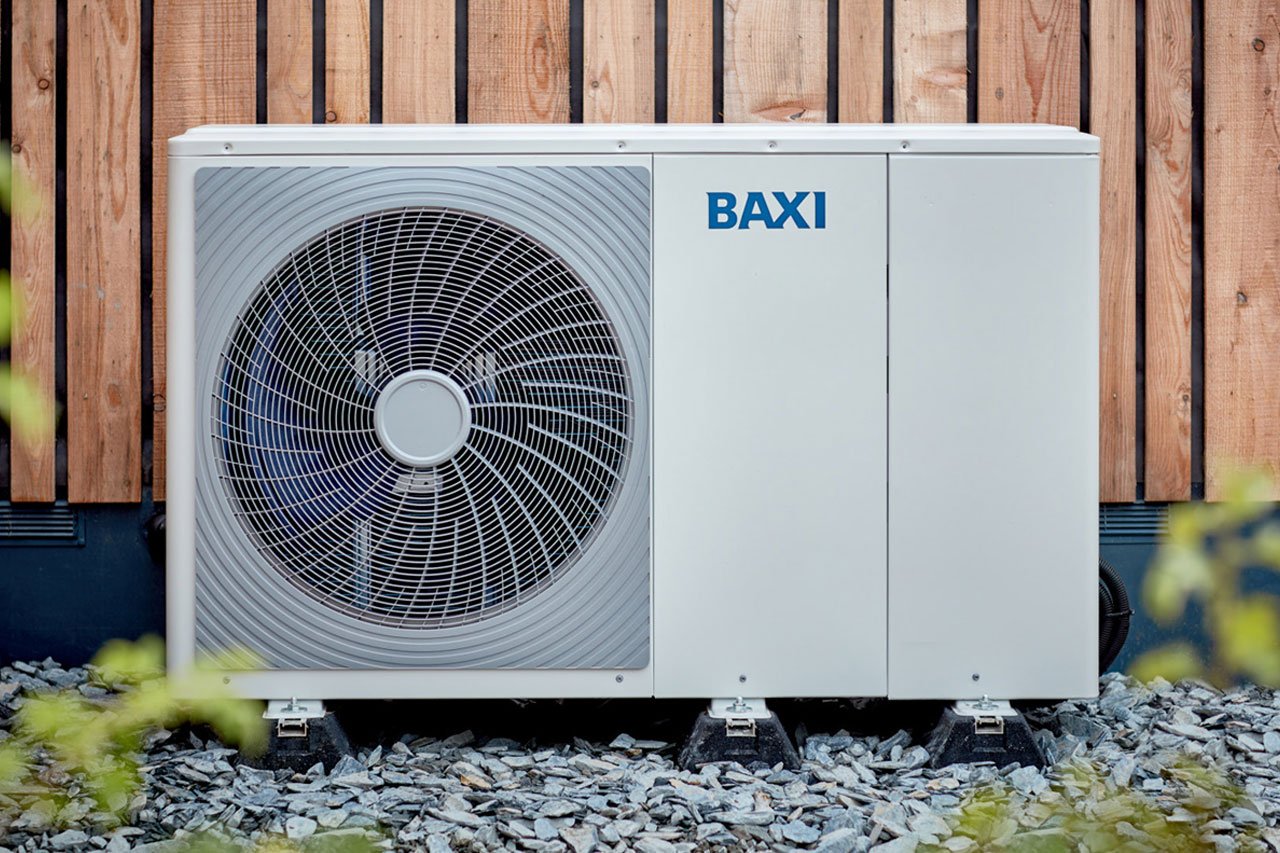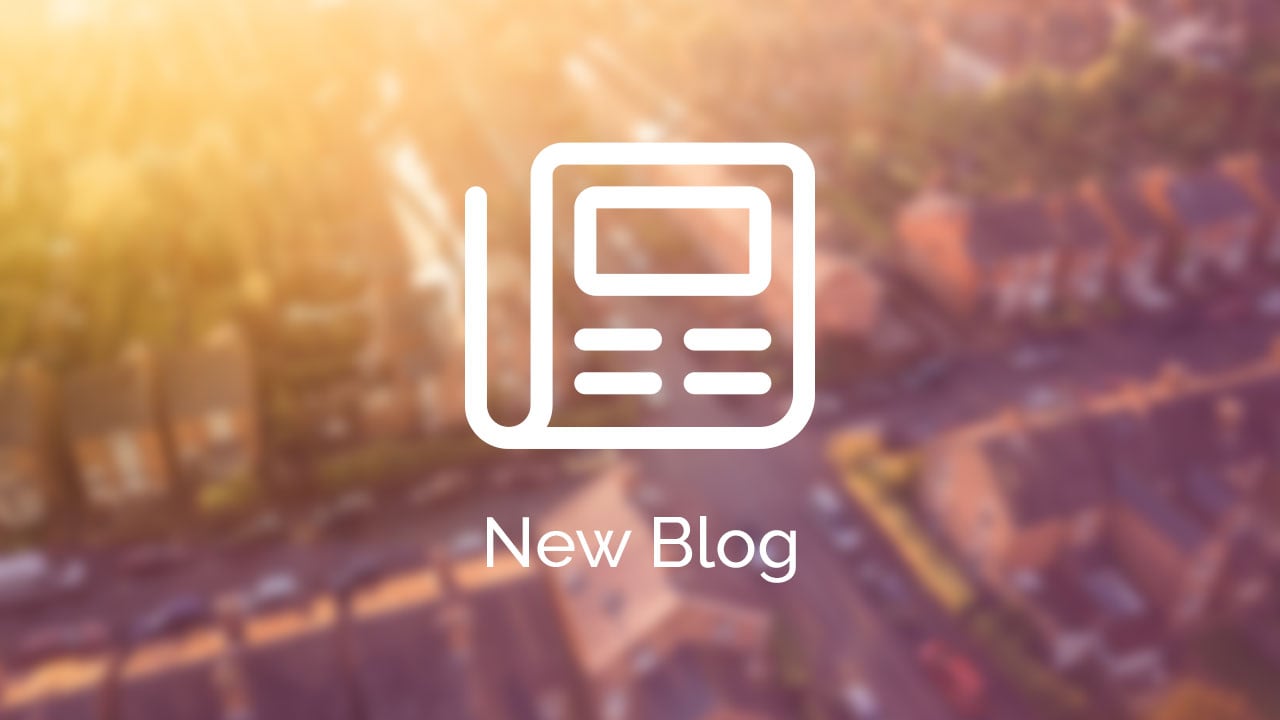Should I turn off my air source heat pump in the summer?

Air source heat pumps work best when they are allowed to control themselves in an "uninterrupted" way. You need your ASHP on in the summer to still have hot water. Holiday modes are best used for when the home is unoccupied.
Understanding air source heat pump efficiency
Air source heat pumps offer fantastic efficiency by extracting 'free' heat from the outside air, which is then compressed to a higher temperature, to provide heating and hot water.
Heat pumps like to operate 'low and slow' in order to maximise efficiency. Allowing the heat pump to operate consistently at lower flow temperatures is considered far more efficient than an on/off strategy, typical of a boiler, and will also enhance comfort levels in the home. This does not mean the ASHP is running all the time, or overheating the property; a small set-back temperature can be set via the room thermostat(s) or controller to maintain comfort levels and efficiency. Your installer can talk you through this concept upon handover and set parameters with your daily schedule in mind.
ASHPs often use weather compensation to further enhance efficiency. An outdoor temperature sensor is used to adjust the flow temperature of the heat pump. During milder ambient temperatures (where there is still a requirement for heating), the flow temperature that the heat pump delivers will reduce. This means that it only works as hard as it needs to in order to maintain indoor comfort.
Using what might be a different operating strategy to that of a traditional boiler not only provides better comfort, but could also lead to savings on your energy bills. Therefore, instead of shutting the heat pump down, consider the benefits of using heat pump controls to optimise performance.
Operational benefits of heat pumps in summer
During the summer months, your air source heat pump can operate in cooling mode, transferring heat from the inside to the outside by reversing its refrigeration cycle. By having this dual functionality, they are considered a versatile choice for comfort throughout the entire year.
The cooling function shall only be used if the system has been designed and installed to do so.
If cooling isn't of interest, or not part of the system design, the ASHP will still be used in the summer months to produce domestic hot water. You’ll still benefit from increased efficiency in the summer months, as the warmer ambient temperatures mean less energy is required to transfer heat.
Summer maintenance tips for optimal performance
Switching to air source heating involves comparing heat pump costs to run with traditional systems like gas boilers. While the initial investment may be higher, operational savings can reduce running costs by up to 50%. Baxi's air source heat pumps use renewable energy from the air, delivering more heat per unit of electricity, which translates to lower energy bills and reduced carbon emissions. Choosing Baxi means investing in a sustainable future with reliable, cost-effective heating solutions.
Regular maintenance is key to ensuring your air source heat pump efficiency during summer. Start by inspecting the outdoor unit for debris that might obstruct airflow, and clean or replace filters according to the manufacturer's guidelines.
Utilise heat pump controls to adjust thermostat settings, preparing your system for warmer weather. Additionally, consider scheduling a professional service to inspect the system thoroughly, preventing potential issues and ensuring peace of mind.
By understanding the importance of consistent operation and maintenance, you can make informed decisions about whether to turn off your air source heat pump in the summer, balancing comfort and cost-effectiveness. A heat pump only system also means that you will not need to pay standing charges for the gas you are not using to heat your home, which can bring costs down even further.




